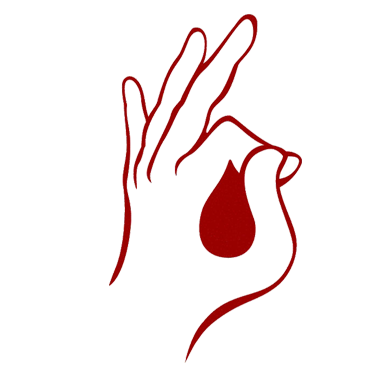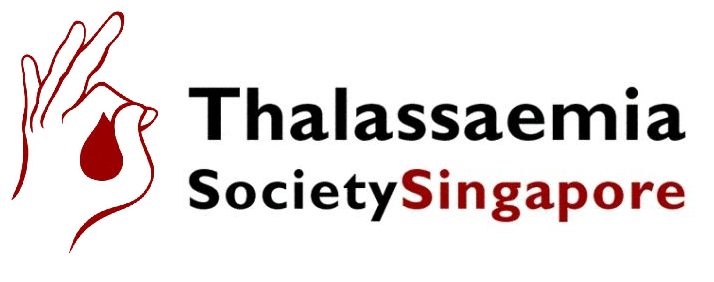Posted at 17:56h
in
Medical Focus
In untransfused thalassaemia intermedia and thalassaemia major, the body attempts to compensate for the severe anaemia by absorbing significantly more iron from the gut than normal (About 3 to 4mg per day compared to about 1mg per day in healthy individuals), in an attempt make...
Posted at 17:55h
in
Medical Focus
As iron accumulates in the body — either as a result of the thalassaemia itself, or of blood transfusion therapy, or both — the main iron-carrying protein in the blood, transferrin, gets filled up ( saturated) with iron, resulting in increased circulation of non-transferrin bound...
Posted at 17:54h
in
Medical Focus
Regular blood transfusions greatly contribute to the quality and length of life of patients with thalassaemia major and have been a central aspect of the treatment of thalassaemia since 1960s.
If not effectively managed, the severe anaemia and over-expansion of the bone marrow characteristic of thalassaemia...
Posted at 17:51h
in
Medical Focus
Thalassaemia major, also known as Mediterranean Anaemia or Cooley's Anaemia, was once thought to be limited to the region around the Mediterranean Sea, hence the name Mediterranean Anemia or thalassaemia(thalassa-anaemia) -- the latter deriving from the greek word "thalassa", meaning sea i.e the anaemia occurring...
Posted at 17:45h
in
Medical Focus
An individual with beta thalassaemia minor or trait has one perfectly normal beta-globin gene and only one copy of the beta thalassaemia gene ). An individual with alpha thalassaemia minor or trait has at least two normal alpha globin genes (out of the four).
Persons with...
Posted at 17:40h
in
Medical Focus
Blood Diseases
- Many diseases or conditions are caused by abnormalities in the blood. These abnormalities may affect the red blood cells, white cells or platelets .
Anaemia is one of the most common conditions in which the body has an abnormally low number of red blood...







